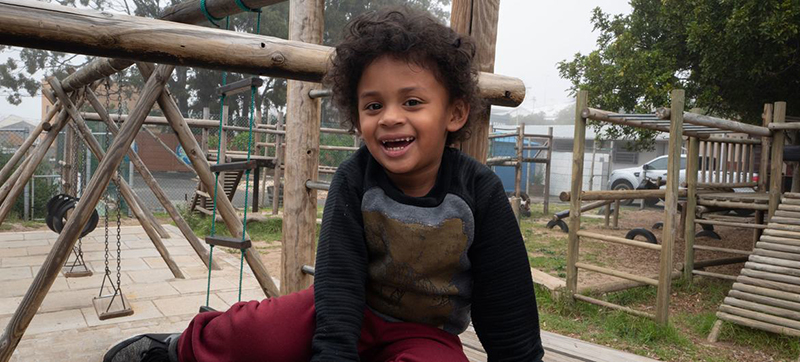 Autism
Autism
UN chief calls for greater inclusion, marking World Autism Awareness Day
New York: UN Secretary-General António Guterres has highlighted the need for greater support for people with autism, particularly at the community-level.
In his message to mark World Autism Awareness Day on Saturday, 2 April, the UN chief revealed how the COVID-19 pandemic has worsened inequalities affecting people with the condition.
“On this World Autism Awareness Day, let us reaffirm our commitment to an inclusive, equitable and sustainable world for persons with autism,” he said.
Varying abilities and needs
Approximately one in 100 children has autism, which constitutes a diverse group of conditions related to development of the brain, according to the World Health Organization (WHO).
Although characteristics may be detected in early childhood, autism is often not diagnosed until much later.
The abilities and needs of autistic people vary and can evolve over time, WHO said. While some can live independently, others have severe disabilities and require life-long care and support.
Isolation and discrimination
The Secretary-General underscored how the UN supports the rights of persons with autism to fully participate in society, in line with the Convention on the Rights of Persons with Disabilities and the 2030 Agenda for Sustainable Development, which pledges to “leave no one behind”.
While the 2030 Agenda represents a commitment to reducing inequality through social, economic and political inclusion for all, including persons with disabilities, Mr. Guterres said many persons with autism still live in isolation, discriminated against and disconnected from their communities, in institutions - or even in their own homes.
“The COVID-19 pandemic has exacerbated many of these inequalities through the loss or reduction of services at school, in homes and in the community,” he continued.
“We need to ensure that the rights, perspectives and well-being of persons with disabilities, including those with autism, are an integral part of building forward better from the pandemic.”
A more inclusive world
The Secretary-General said the solution lies in more community-based support systems for people with autism.
“We must also establish inclusive education systems and training programmes that enable students with autism to access the educational path of their choice. And we must make technology solutions available for persons with autism to live independently in their communities,” he added.
Mr. Guterres stated that all of these efforts must be centred around active consultation with persons with disabilities and their representative organizations.
The UN will hold a virtual event on 8 April in observance of World Autism Awareness Day, under the theme of ‘Inclusive Quality Education for All’.
Despite progress over the past decade towards increasing access to education generally, and for persons with autism specifically, the pandemic caused a disruption to learning which has pushed back developments and deepened inequalities in education.
The theme is intrinsically linked to the focus of last year’s observance on ‘Inclusion in the Workplace’, where panelists emphasized the critical need to foster inclusive quality education for people on the autism spectrum so that they can fulfill their potential and achieve sustainable success in the labour market.
The event this year is organized by the UN Department of Global Communications (DGC) and the UN Department of Economic and Social Affairs (DESA), with support from civil society partners including the Autistic Self Advocacy Network, the Global Autism Project and the Specialisterne Foundation.
Support Our Journalism
We cannot do without you.. your contribution supports unbiased journalism
IBNS is not driven by any ism- not wokeism, not racism, not skewed secularism, not hyper right-wing or left liberal ideals, nor by any hardline religious beliefs or hyper nationalism. We want to serve you good old objective news, as they are. We do not judge or preach. We let people decide for themselves. We only try to present factual and well-sourced news.






